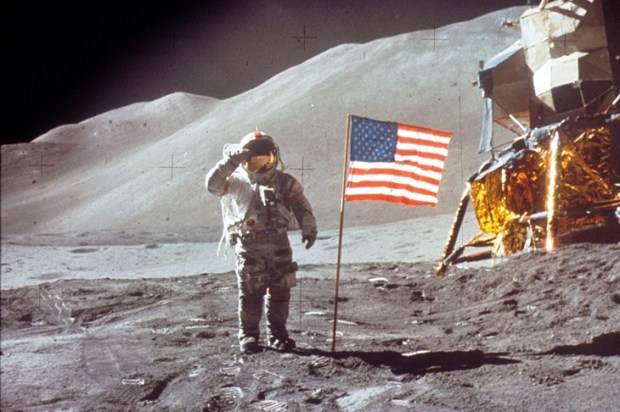We are at an extraordinary time in history. In some ways, it feels great to be alive to tell the story. Different facets of our society and economies seem to be in a state of rapid transformation where the redistribution of power and handing over of sovereign freedoms in some ways mirror the popular guard mounting ceremony at Buckingham Palace.
Already a subscriber? Log in
Subscribe for just $2 a week
Try a month of The Spectator Australia absolutely free and without commitment. Not only that but – if you choose to continue – you’ll pay just $2 a week for your first year.
- Unlimited access to spectator.com.au and app
- The weekly edition on the Spectator Australia app
- Spectator podcasts and newsletters
- Full access to spectator.co.uk
Or


























Comments
Don't miss out
Join the conversation with other Spectator Australia readers. Subscribe to leave a comment.
SUBSCRIBEAlready a subscriber? Log in